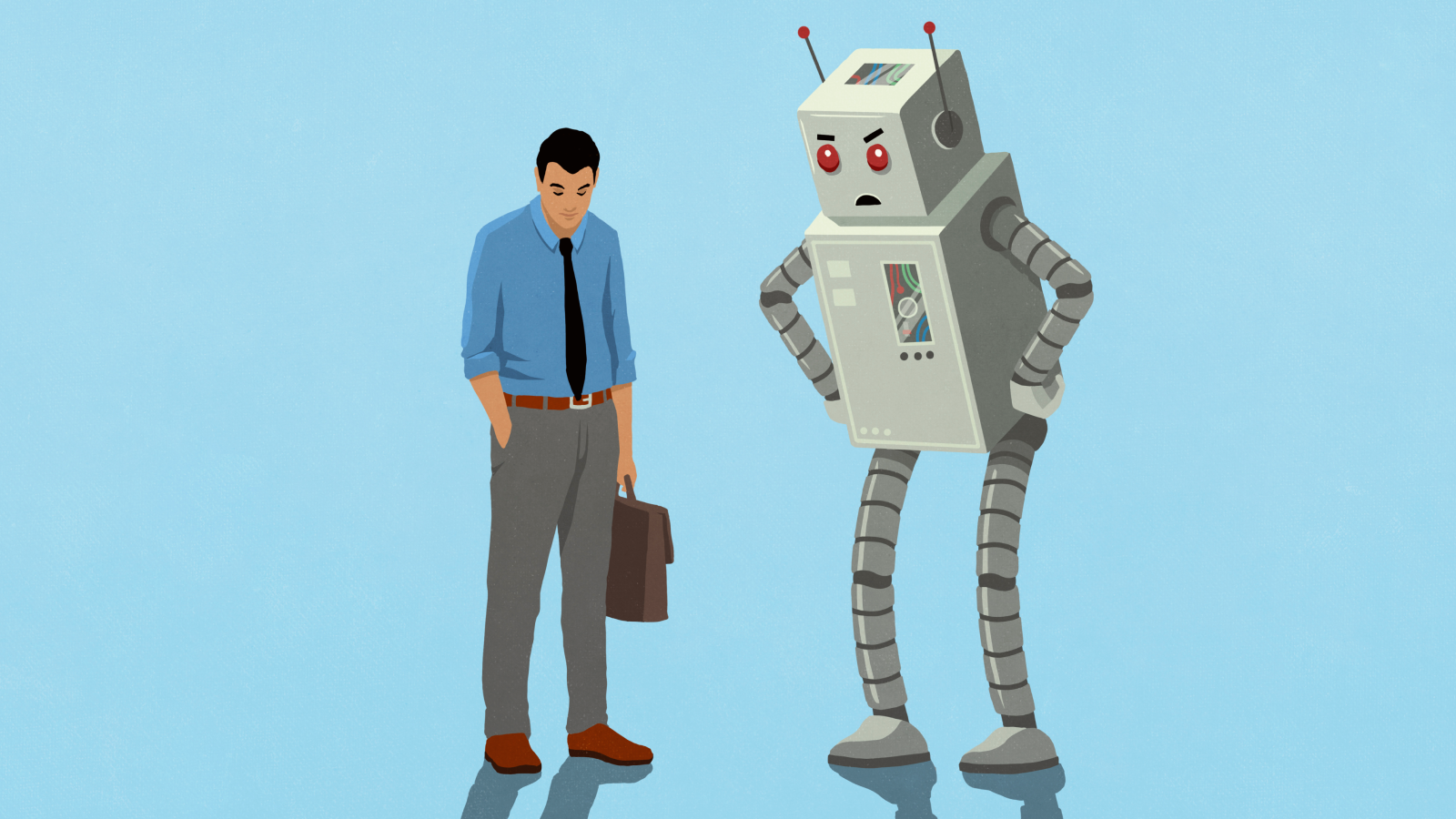Are Sports Drinks Better or Worse Than Water?

Get the world’s most fascinating discoveries delivered straight to your inbox.
You are now subscribed
Your newsletter sign-up was successful
Want to add more newsletters?
Join the club
Get full access to premium articles, exclusive features and a growing list of member rewards.
Many sports drinks tout a long list of vitamins and electrolytes on their labels, which makers claim will help keep you at the top of your game during a workout. But are these drinks really better than plain old water?
In general, water is best for hydrating your body when you are working out, said Lauren Popeck, a registered dietitian at Orlando Health in Florida. But if you're exercising for more than an hour, you might consider a sports drink, particularly if you've been sweating a lot, since electrolytes are lost through sweat, Popeck said.
"It's really after that long time of sweating that they might need that sports drink to help them replenish [electrolytes]," Popeck told Live Science. [13 Tips for Staying Hydrated in the Summer Heat]
Electrolytes, including sodium and potassium, can affect the amount of water in your body and how well your muscles function. If levels of electrolytes get too low, it can lead to muscle cramps and headaches, Popeck said.
If you do decide to have a sports drink, you should pick one that lists sodium and potassium on the label, as well asf carbohydrates, which provide the muscles with fuel they need to continue exercising, Popeck said. After an hour of exercise, you'll need about 20 ounces of fluid to stay hydrated, she said.
But don't feel you have to rely on a sports drink for long-duration exercise. Sodium and potassium are also common in a lot of foods, so a well-balanced meal after exercise can also help replenish electrolytes and other nutrients, Popeck said. In particular, milk provides a good blend of potassium, carbohydrates and protein to help people recover from exercise, Popeck said. Bananas and applesauce are also good sources of electrolytes and carbs, she said.
It's important to consider that sports drinks often have a lot of sugar, so drinking them can make it harder to lose weight, Popeck said. For that reason, people who are exercising in order to help with weight loss may want to choose water or reduced-calorie sports drinks.
Get the world’s most fascinating discoveries delivered straight to your inbox.
Outside of long-duration exercise, sports drinks are not recommended for regular hydration, Popeck said. "There's no place in a healthy diet for consuming drinks that have sugars in them. That would just add extra calories and could contribute to weight gain," she said.
The recommended amount of fluid per day for people who don't engage in long-duration exercise is 9 cups (2 liters) for women and 13 cups (3 liters) for men.
Follow Rachael Rettner @RachaelRettner. Follow Live Science @livescience, Facebook & Google+. Original article on Live Science.

Rachael is a Live Science contributor, and was a former channel editor and senior writer for Live Science between 2010 and 2022. She has a master's degree in journalism from New York University's Science, Health and Environmental Reporting Program. She also holds a B.S. in molecular biology and an M.S. in biology from the University of California, San Diego. Her work has appeared in Scienceline, The Washington Post and Scientific American.
 Live Science Plus
Live Science Plus










